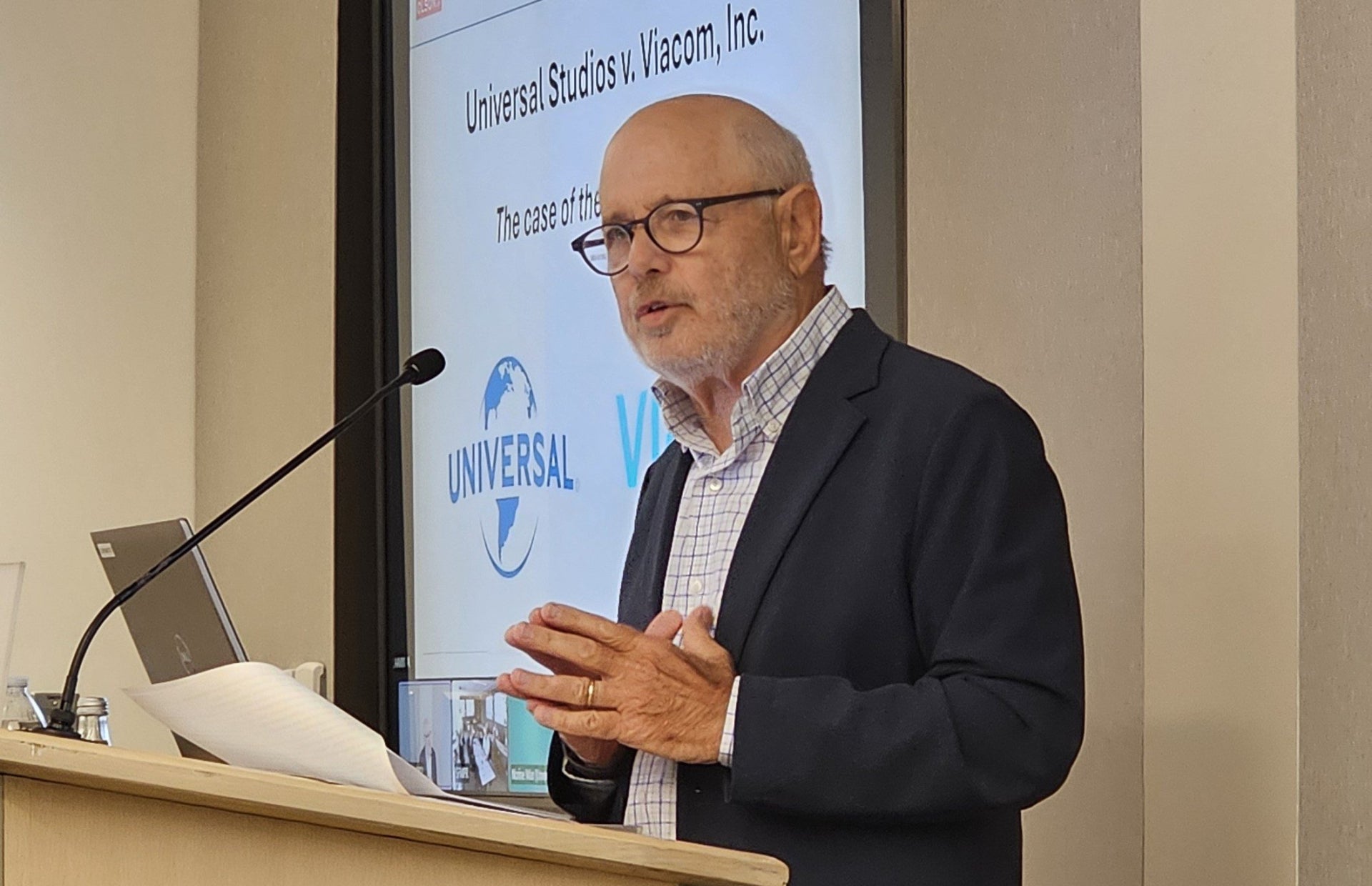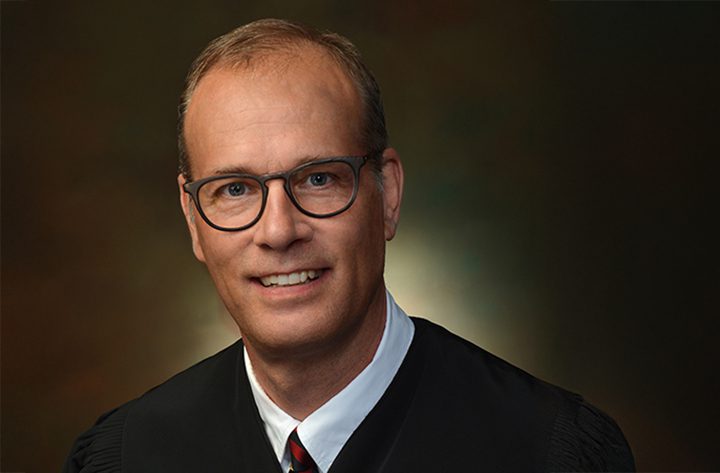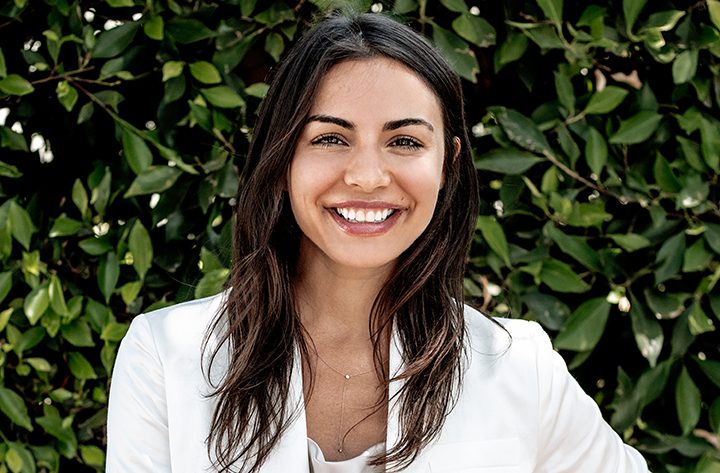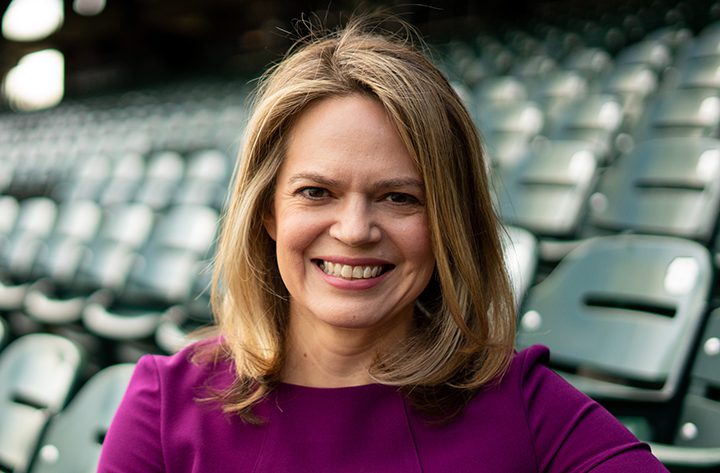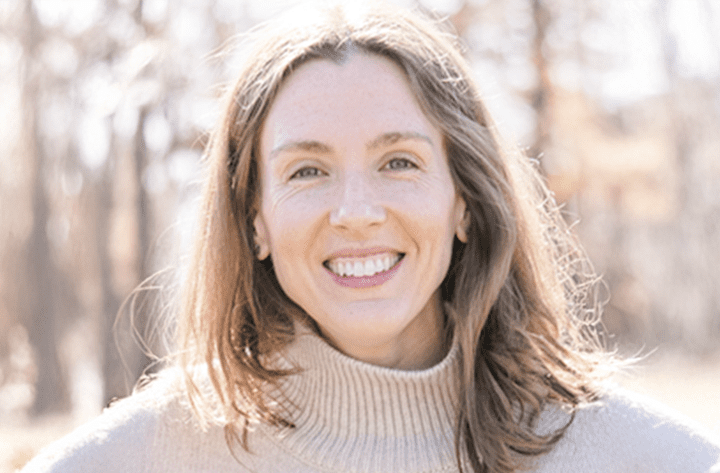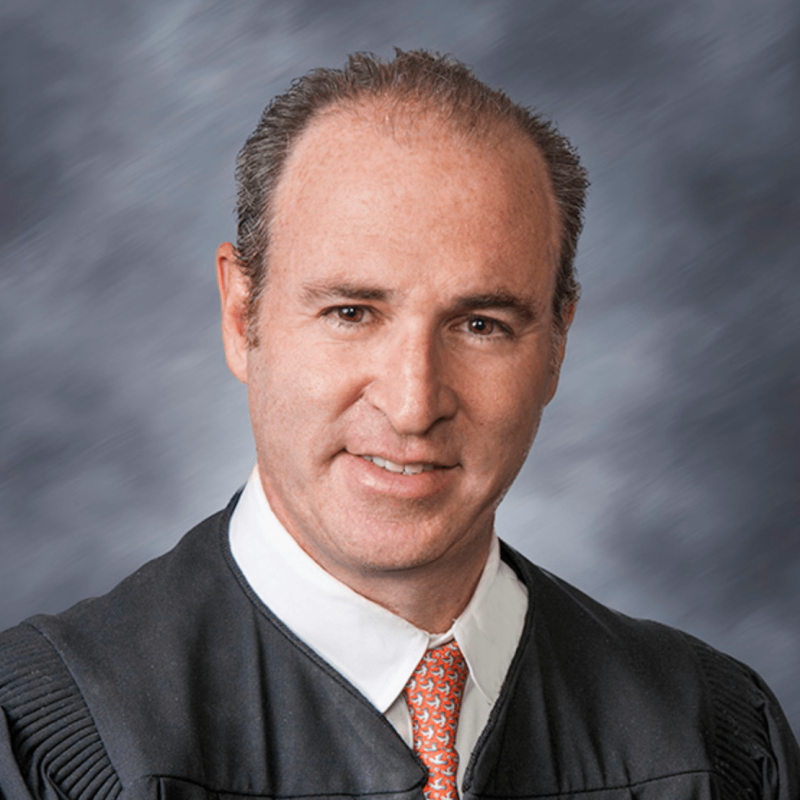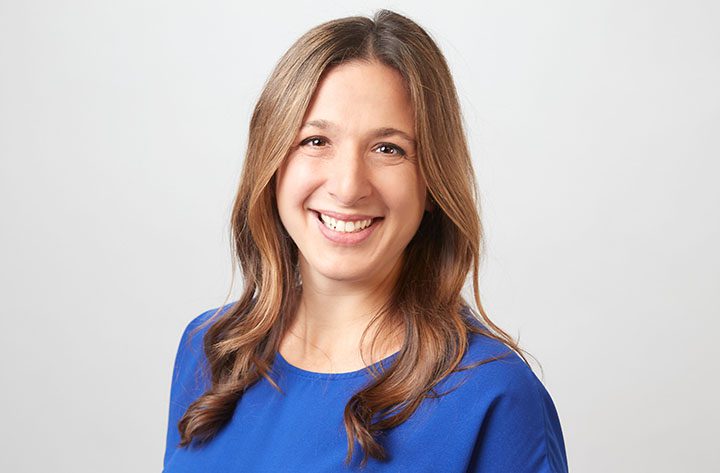
ALUMNI NETWORK
Where excellence connects.
MTO alumni are leaders in government, in-house, the judiciary and beyond — advancing the values and excellence that define our firm. We proudly stay connected to our alumni, offering opportunities for engagement and professional growth across every stage of their careers. Whether forging new paths or returning to practice with us, MTO alumni remain important ambassadors of our community and purpose.
Join the Alumni NetworkAlumni at a Glance
700+
alumni members in our community
200+
alumni work in-house across various sectors and industries
25
alumni hold judicial appointments
Alumni Stories
MTO Alumni Network Newsletter
Catch up on alumni highlights, upcoming events and firm updates that celebrate our community.
From Co-Managing Partners Martin Estrada and Dan Levin, “We are honored to step into our new roles as co-managing partners and are proud to help lead the firm that shaped us.”
From Firm Chair, Brad Brian, “I am pleased to reconnect with you all through our newest edition of our alumni network newsletter.”
From Co-Managing Partners Hailyn Chen and Malcolm Heinicke, “We are proud to celebrate the achievements of our remarkable and talented alumni and current lawyers.”
Expand Your Network
Celebrate success, share insights and stay in the loop. Join our MTO Alumni LinkedIn Group to reconnect, learn and grow together.
“I am constantly drawing on past experiences from MTO.”
— Amy Tovar, Chief Legal Officer at the San Francisco Giants
Attorneys-Alumni Social
Munger, Tolles & Olson gathered at Causa/Amazonia for an Attorneys – Alumni Social in Washington, D.C. The evening brought together alumni and attorneys from our DC office for meaningful conversations and renewed connections.
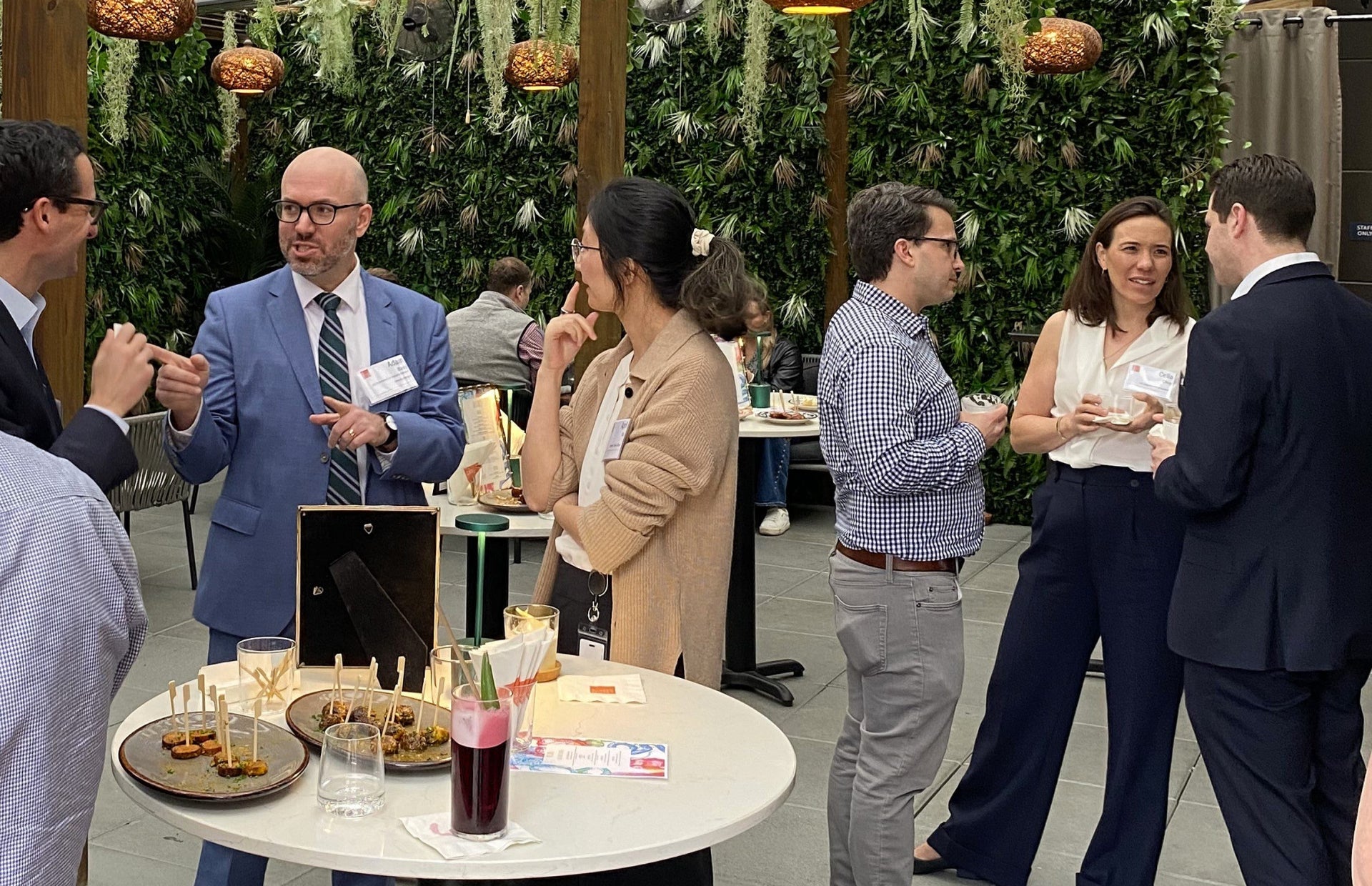
Alumni Lunch Series ft. Jeff Weinberger
Munger, Tolles & Olson was thrilled to welcome back retired MTO partner Jeff Weinberger for our latest Alumni Lunch Series. In his talk, “When in Trial, Expect the (Completely) Unexpected,” Jeff reflected on his five-decade career through three memorable trial stories that highlighted the unpredictable nature of litigation.
